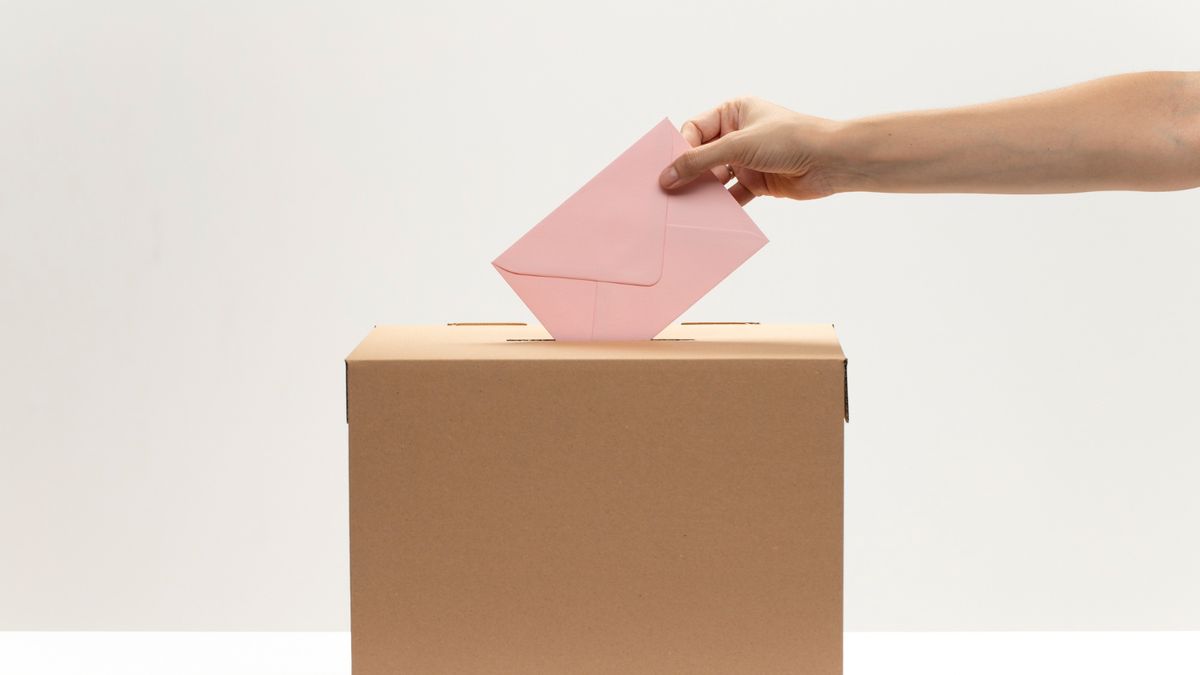The population of Uruguay is still not updated on the electoral practices of the country, even being so close to new presidential elections, and regarding basic issues such as the date on which one can go to vote in the internal partisans: according to the latest survey of Factum, Only 2% know that these will take place on June 30.
The internal elections are not mandatory, and that can be seen not only in the low levels of participation citizen, but also at the levels of knowledge that the population has on them. In this regard, the new Factum survey revealed that, less than three months before the elections that will define the final lists of political spaces for October, the majority of those consulted do not know when to vote.
In that sense, the consultant pointed out that “shortly there will be internal elections to elect the sole candidate of each party for the Presidency of the Republicand within the total electorate 20% know the correct or approximate date18% incorrect date within the electoral cycle and 62% without clear knowledge”.
In fact, only 2% of the people consulted responded that the first electoral instance is June 30 – that is, the exact date -, while the remaining 18% among those who had more knowledge about it simply responded that it is during June.
Likewise, 18% responded to the survey with a date that is not close to the real one but, at least, is within the electoral period: 9% mentioned May, July, August or September, while 7% mentioned October and 2% November.
5% mentioned a date that has nothing to do with the elections, while 57% had no opinion.
A result without major changes compared to 2019
This apparently widespread lack of knowledge regarding the internal elections is not a new component of these elections, but rather it is something that was already repeated, in a similar way, five years ago, in 2019: the results recently reported by Factum are similar to those collected in a study from that time, when 21% said the exact or approximate date of the elections; 13%, an incorrect date but within the electoral cycle; and 66% had no clear knowledge.
However, among the striking elements or elements that can be considered in another light, is the fact that “knowledge is slightly greater in Montevideo that in the interior”, 22% against 18%, “and that there are clear age and class biases that show dissimilar levels of knowledge about the date of the elections”.
About this, “as age increases, the degree of knowledge of the correct or approximate date increases.” Thus, 12% among young people between 18 and 33 years old rises to 15% between 34 and 48 years old, to 23% between 49 and 62 years old, and to 31% among those over 62.
Similarly, “as the social class is higher (strongly associated with higher educational levels), the degree of knowledge about the date of the internal elections increases,” according to the Factum study. Among the upper and upper middle class, knowledge is 33%, which drops to 19% in the middle class, 16% in the lower middle class and 6% in the lower class.
Source: Ambito




